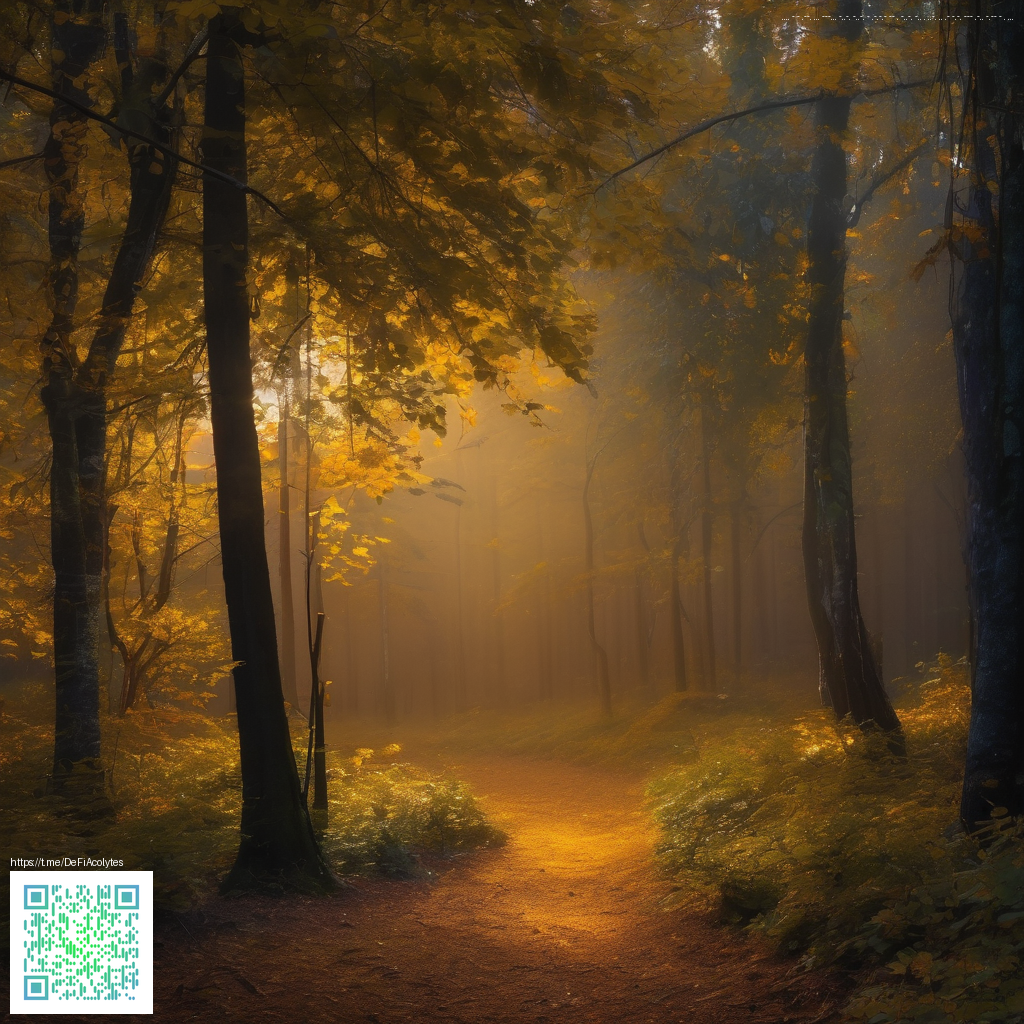
Murmurs Beneath the Manholes
When the city settles for the night, the surface becomes a thin skin over something older and louder. In the maze of tunnels beneath, water slithers like a waking memory and the air carries voices that should have drowned long ago. I learned this the hard way, standing on the curb with damp boots and a broken flashlight, listening as the streetlight hummed approval to the rain. The first murmur was almost polite, a whisper that sounded like a doctor speaking in a room full of clocks.
“The city remembers you if you listen long enough,” a voice breathed from the grate, as if the drain could hear the beat of a heart it never ought to hear.
The First Listen
I learned to work in the crack between two storm drains, where the world smelled of wet concrete and old copper. When the sewer breathes, it does so in syllables—soft, insistent, and almost friendly. You think you’re the only one awake, yet the tunnels answer with a chorus of rumors and half-forgotten names. The whispers do not shout; they lean close and tell you secrets you never meant to know, like the city itself is a patient and the patient has bad news to confess.
- A woman’s sigh, insisting you search for a missing child whose handwriting matches your grandmother’s.
- Footsteps that never stop—nearby, distant, and always returning to the same manhole, as if the street itself keeps a leash on them.
- A ledger of dates scrawled in rivulets of rust, each entry marking a drowning, a rescue, a promise that was broken long ago.
- Names spoken in a choked whisper, one syllable at a time, until the sound becomes a weight you carry in your chest.
- Rain that sounds heavier down below, as if the clouds themselves have decided to join the conversation.
There is power in listening, I discovered, but power always comes with a cost. The voices don’t want to entertain you; they want you to acknowledge what they were and what the city did to them. Each fragment of confession lands on my shoulders like a damp coat I cannot lay aside. And yet I kept listening, because somewhere in the murmurs there is a path back to daylight, a seam in the concrete through which a truth might crawl into the street above.
“If you answer what the tunnels ask, you may walk back into the light,” a male voice hissed, scraping the edge of a grate as if to beckon me deeper.
What It Wants
The deeper I go, the more the walls breathe with memory. It isn’t fear so much as a shared history—the city’s long memory, begging to be heard through the cracks. I find a room where water pools in a circle like a dark mirror. In that circle, a single manhole cover sits askew, as though it listened to conversations it can never join. When I press my ear to the cold iron, the murmurs arrange themselves into something brief and undeniable: a warning, a name, a plea to remember the ones who vanished when the streetlights blinked a little too long.
By morning, the surface feels thinner, as if the city has exhaled a sigh through the pipes and factored me into its ledger of witnesses. I still hear the voices, but now I hear them with a purpose: not to scare, but to remind me that some stories do not end at the curb. They travel upward, through manholes and memory, until they claim a listener who will listen back.